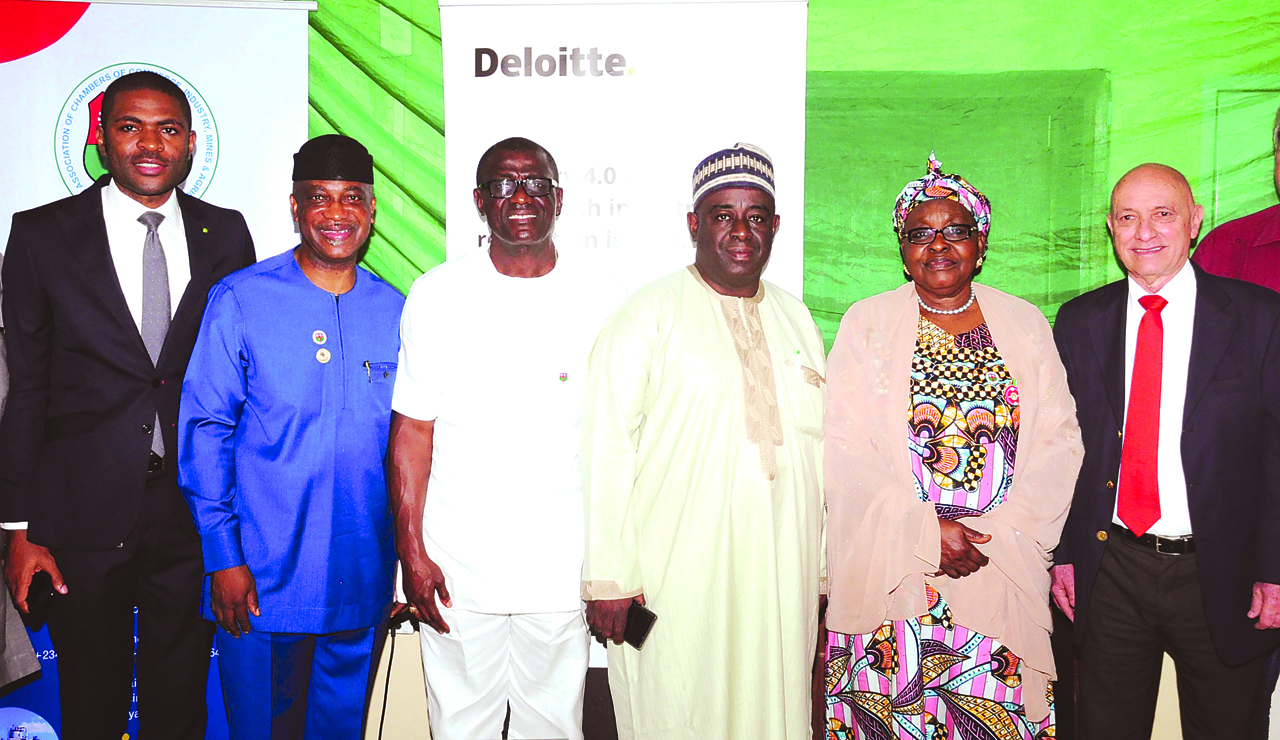
The Director-General, Manufacturers Association of Nigeria (MAN), Segun Kadir, explained that if Nigeria must benefit from the agreement, greater attention must be geared towards improving the operating environment and infrastructure for locally-produced goods to compete with foreign goods.
Kadir, who was represented by the Director, Corporate Affairs, MAN, Segun Oshidipe, at the third edition of the AfCFTA Dialogue Series with OPS, added that countries that have control over their value-chain would benefit from the agreement.
On the implementation of AfCFTA, he said the government is so far taking the right step towards implementing the agreement by taking into cognisance, the recommendations of manufacturers.
He added: “The fund allocated for new projects can be diverted to develop infrastructure that will connect economic hubs in Nigeria and connect Nigeria’s economic hub to economic hubs within the West African region and connect Nigeria’s economic hub within the ECOWAS region to the continental region.
“We can do this by partnering with economies within the corridor to improve infrastructure to ease businesses and reduce the cost of doing business. We must shun politics to ensure that whatever infrastructure we are developing now are developed along with economic hubs. This is the time to take steps that would enable us to benefit from AfCFTA otherwise we might not.
“Today’s event is another step to ensure that the private sector has conversation around these issues, with a view to identifying the constraints, recommending steps forward and educating the business community on how to benefit from the agreement.”
He advised that Nigeria must radically adapt to technology and innovate to improve products, while also calling on the need for the business community to employ experts to properly analyse the opportunities of AfCFTA.
Also speaking, the National Vice President, Nigerian Association of Chamber of Commerce, Industry, Mines and Agriculture (NACCIMA), Sanusi Maijama, said economies of scale and competition are key to benefit from the agreement.
He said for Nigeria to achieve any meaningful impact from the agreement, the private sector must unite and form a strong advocacy team to chart a positive course for the business community.
He also stressed the need to identify and mitigate the risks involved in the AfCFTA, noting that this is the only way Nigeria could maximise the opportunities of the agreement.



